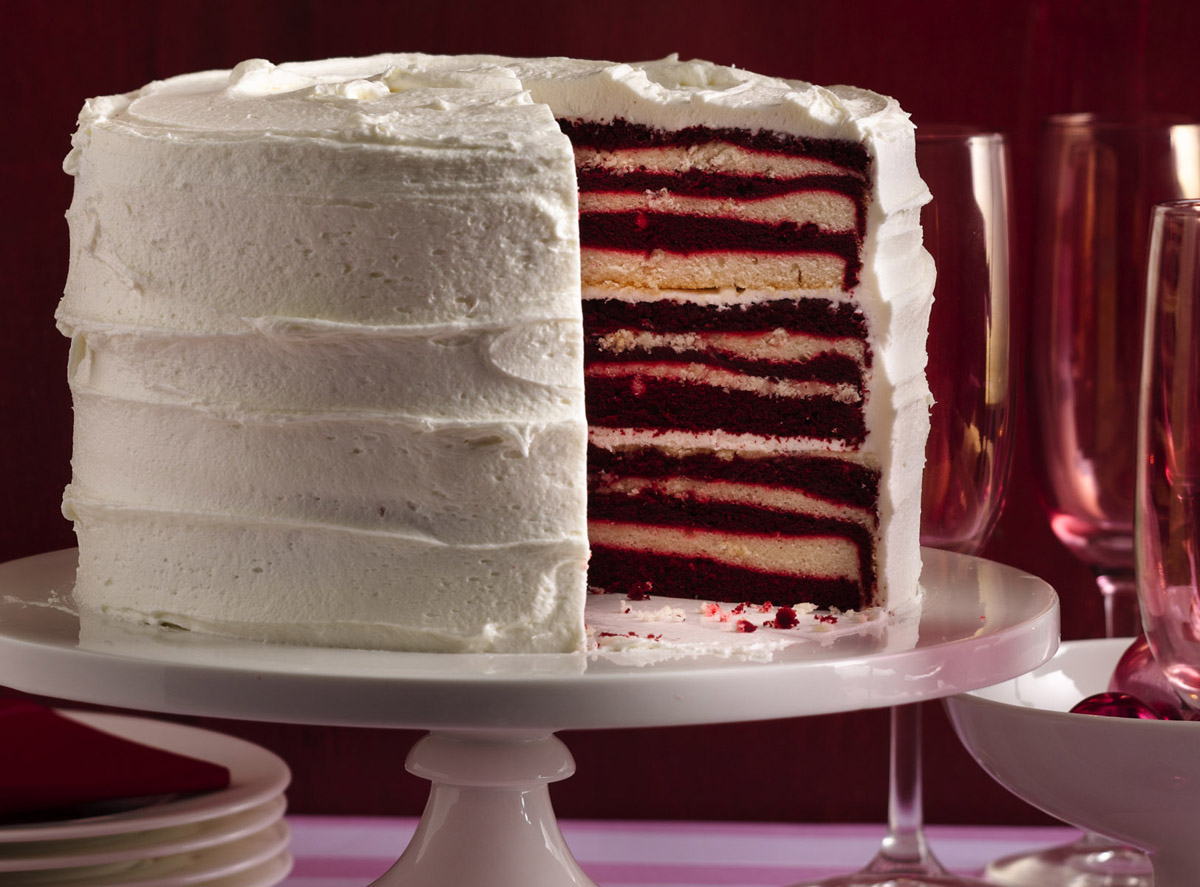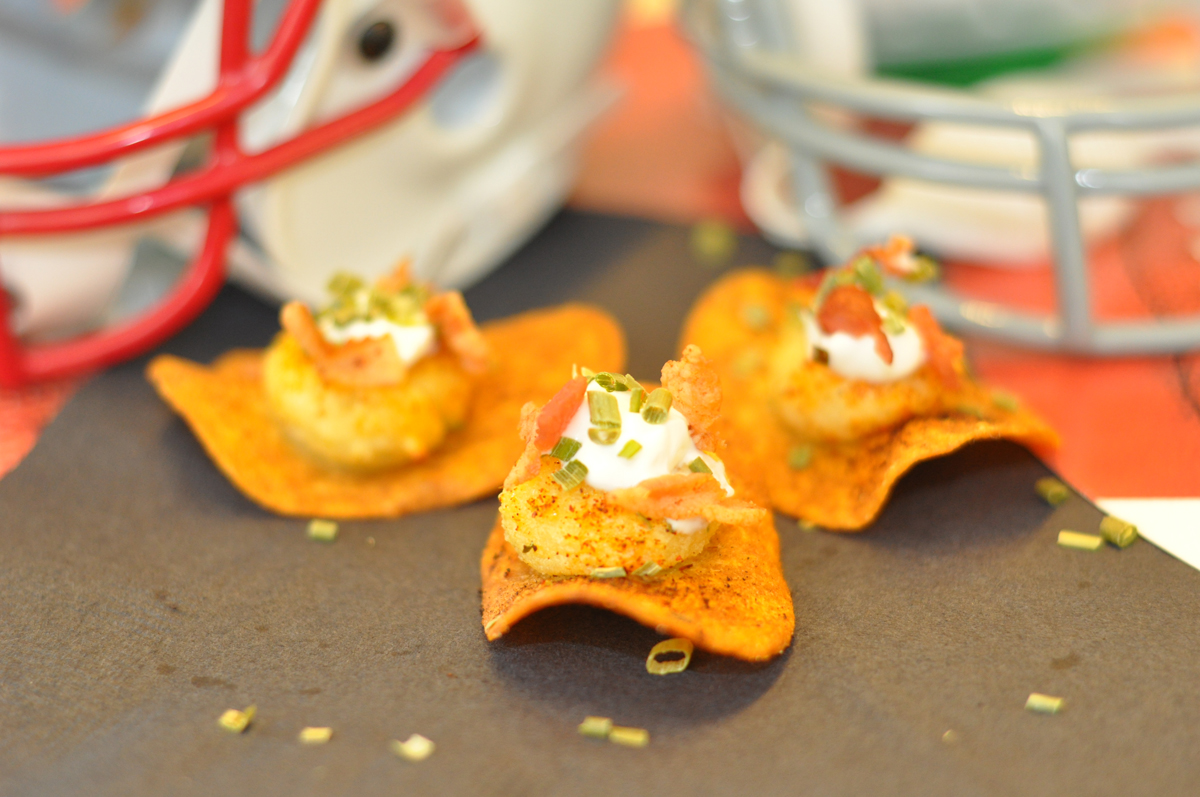
Recipes inspired by the hottest trends

Score big with these game day entertaining tips
Every day, more and more Americans are motivated to start exercise programs. And while few will ever attain the fitness of an all-star athlete, we can all benefit from increased physical activity and improved health. However, regardless of your level of activity, you still need to maintain good hydration.
Physical fitness is a state of good health resulting from regular exercise and good nutrition. When you exercise, your body’s metabolism works at a much higher rate, breaking down and regenerating tissues and creating waste metabolites that need to be flushed out of your system. That’s why the universal recommendation is to drink great amounts of water when you’re working out.
But you need more than just water for proper hydration. “You must also replace the sodium and potassium along with the water, says Dr. David McCarron, adjunct professor at University of California Davis. “This is why athletes drink sports drinks rather than just water. Replacing water without sufficient sodium can quickly produce hyponatremia, a potentially fatal condition.”
When the body loses electrolytes, typically from perspiration, over-rehydration with only water can produce hyponatremia, which is a true medical emergency. Hyponatremia symptoms are similar to those of heat exhaustion and heat stroke and can often be overlooked. Symptoms range from mild to severe and can include nausea, muscle cramps, disorientation, confusion, seizures, coma and death.
In 2002, a healthy 28-year-old runner collapsed and died during the Boston Marathon as a result of hyponatremia. According to the British Medical Journal, 16 runners have died as a result of too little sodium and overhydration and another 1,600 have become seriously ill. It is true that water intoxication is more commonly seen among extreme athletes, but older individuals are also at high risk for several reasons.
As we age, our kidneys become less efficient at conserving salt when the body is stressed and common medications such as diuretics greatly increase that risk. That’s why, during severe high temperatures, news accounts most often refer to elderly victims of the heat.
Ideally, anyone doing fitness exercising should drink eight to 12 ounces of fluid every 15 to 20 minutes during a session. If exercising exceeds an hour, a beverage that contains salt and an energy carbohydrate is far superior to plain water.
The recommended concentration of salt in a fluid replacement beverage is 1/4 teaspoon per liter. Most sports drinks contain salt, although the amount is not quite that high. Anyone can make an alternative to commercial fluid replacement beverages easily by adding 1/4 to 1/2 teaspoon of salt per liter or 32 ounces of water.
Both dehydration and sodium losses negatively affect athletic performance. However, it is difficult to differentiate between the two because they occur simultaneously and have similar negative consequences. Dehydration, resulting from the difference between the amount of fluid lost and the amount taken in during exercise is the most common cause of heat-related illness in athletes.
Remember, water alone may not be sufficient and could actually increase your risk of severe heat-related injuries. So the next time you’re exercising, drink a lot of water to beat the workout heat, but also up your intake of electrolytes, particularly sodium and potassium. Learn more about staying hydrated by visiting the Salt Guru’s YouTube channel.
–(ARA)

